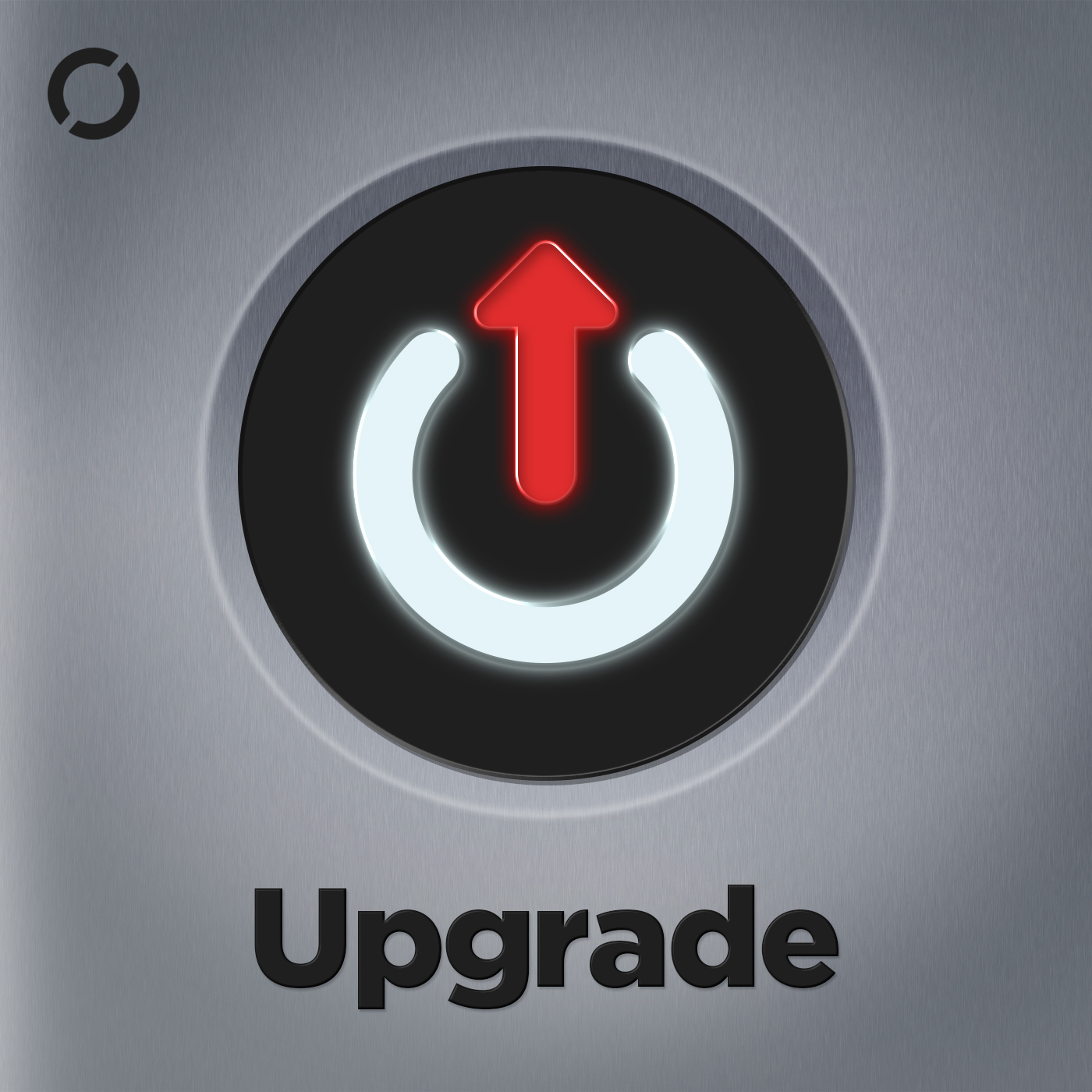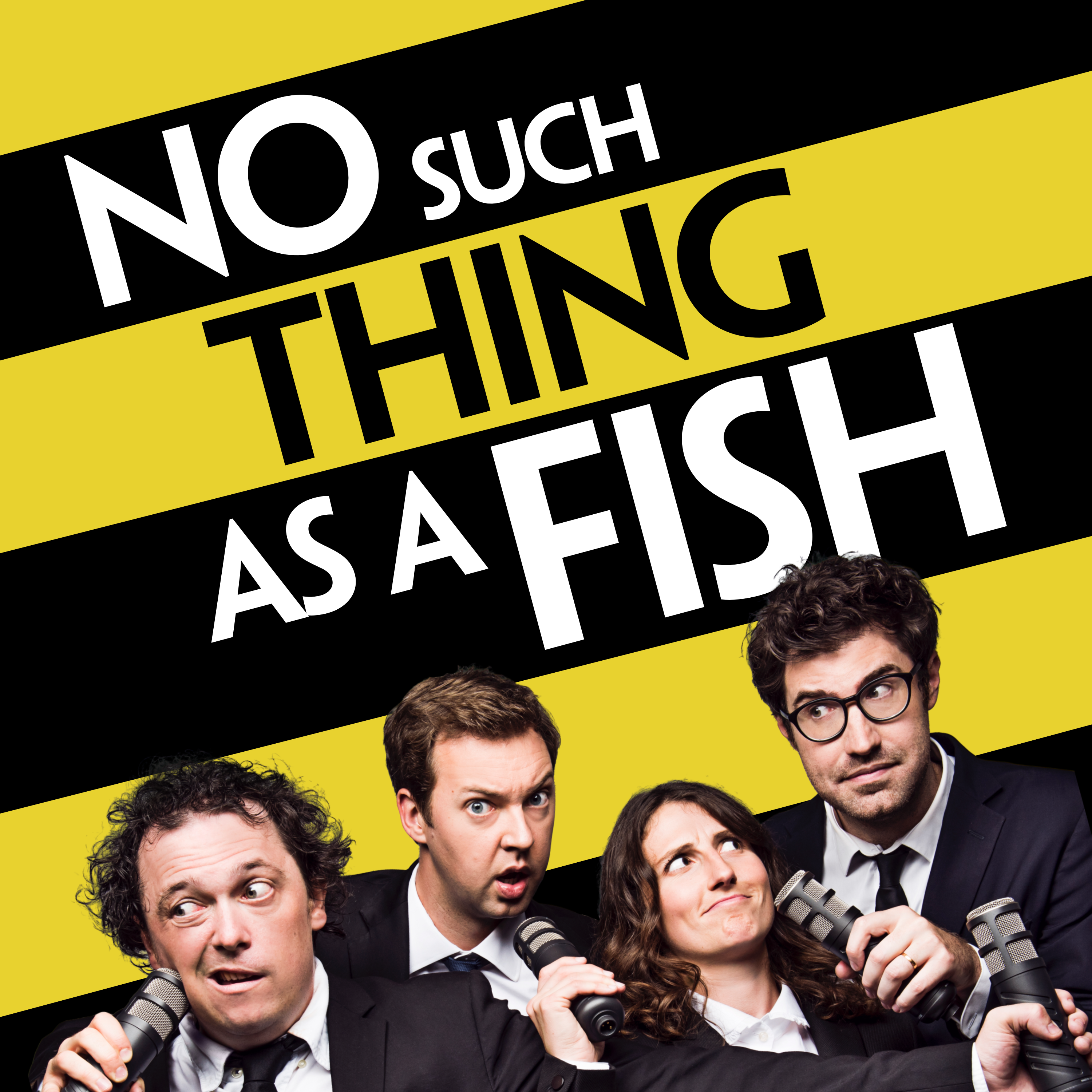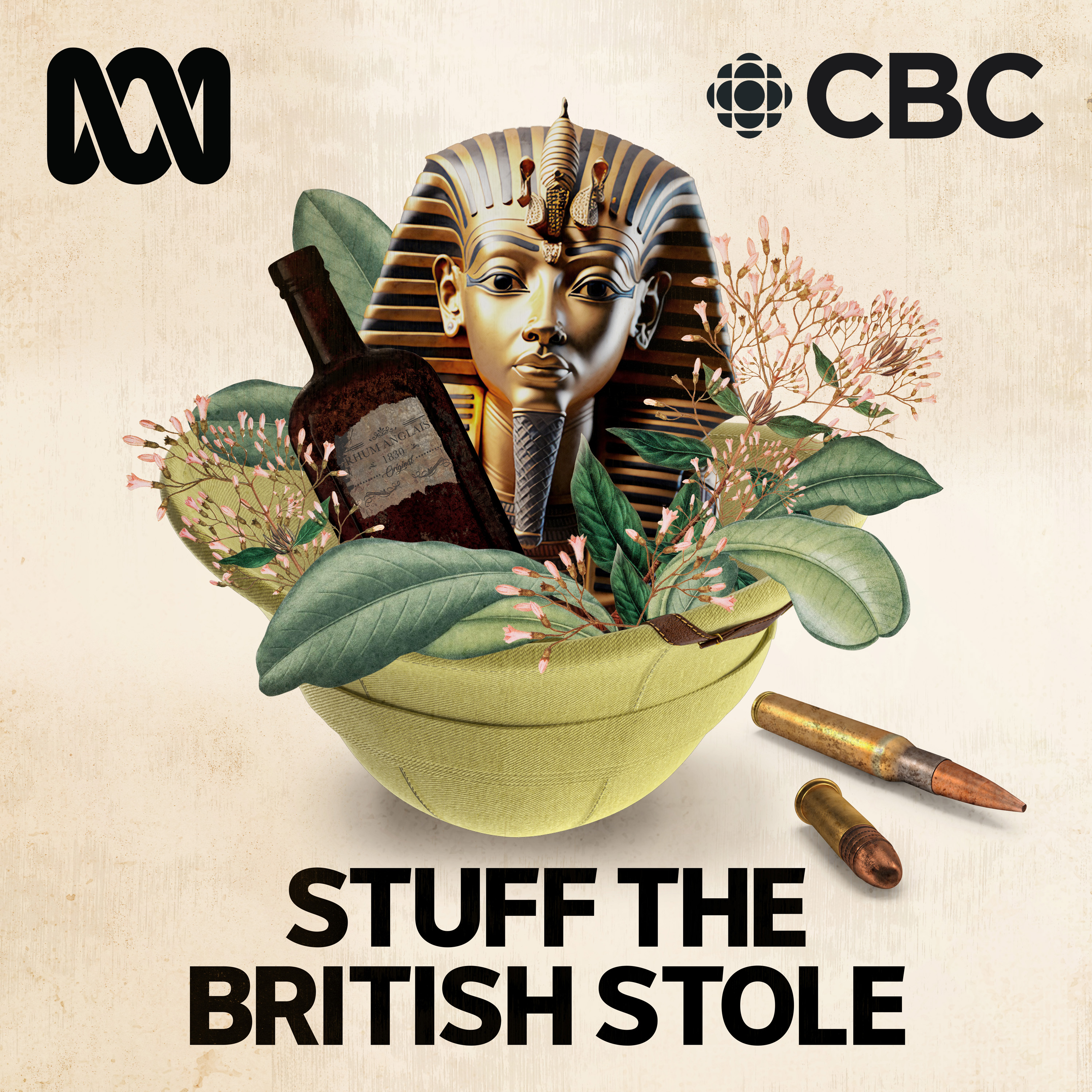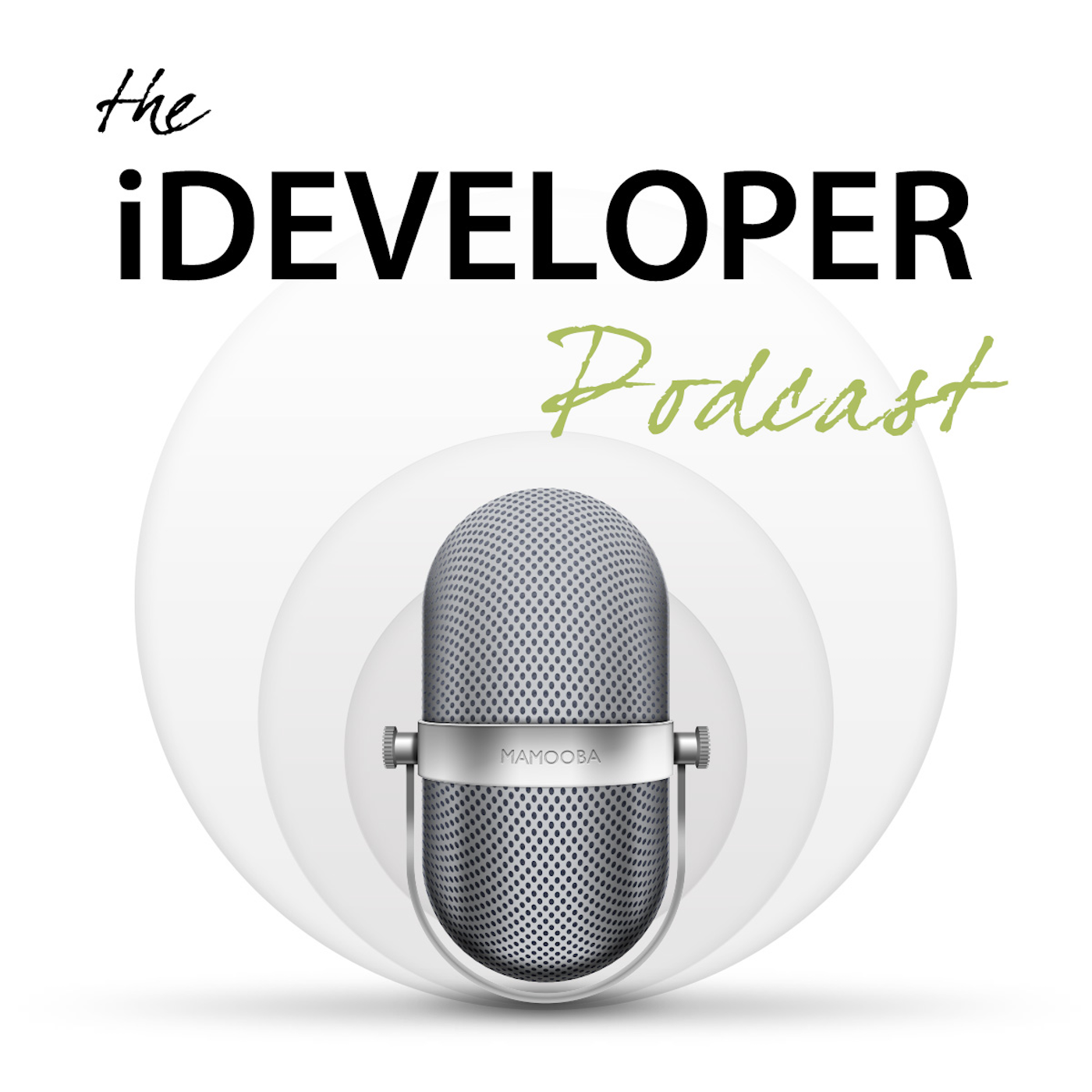
Piano, finally
Piano Finally is a podcast by an old bloke who is learning the piano, finally. I cover the process of learning the piano and music theory as an adult learner. I also review piano books, hardware and other materials from an adult learner's perspective.
Piano, finally
Episode 6 - Making Progress
Stay tuned as I bring you up to speed on our podcast's availability across social media and how you can easily subscribe via popular platforms like Apple Podcasts, Spotify, and YouTube Podcasts. As we wrap up, I'll give you an update on my current project—a Samuel Arnold piece from "Getting to Grade 1," edited by Alyssa Milne. Despite some challenges with fingering and tempo, it's starting to come together, and I hope my experiences inspire your own musical journey. Keep your piano in tune, and may your practice sessions be filled with joy and progress.
You can contact me:
- via email at david@pianofinally.show; this is probably the best option
- the show website, www.pianofinally.show
- Instagram and Threads @pianofinally
- and on YouTube
- all the podcast directories - list
- here's the RSS feed
Some of the links to books and other items mentioned in the podcast may affiliate links for Amazon or other providers. If you use one of these links, a commission may be paid to me at no additional cost to you. Thank you if you use a link.
All reviews of products, websites and services are unpaid, and no sponsorship has been received for any content on this podcast.
G'day everyone. I'm David Reidy and welcome to Piano, finally, a podcast by an old bloke who's getting around to learning the piano, finally. Welcome to episode 6, thank you for joining me. If you've found this episode randomly, you can subscribe to the podcast on any of the popular podcast networks. You can subscribe to the podcast on any of the popular podcast networks, including Apple Podcasts, Spotify and iHeartRadio, or from your podcast player of choice. You can even leave reviews on there. The podcast is also available on YouTube, but it's still audio only. You can contact me by email, website or text. The website is being upgraded. It's on Squarespace, but I'm currently experimenting with moving it to WordPress. It's been a while since I used WordPress and there are many nice new features to look at, but, as I said before, there's always HTML, CSS and PHP to fall back on.
David Reidy:Having watched a good number of the Gina Bachauer piano competition videos, youtube has started suggesting other music competition videos, mostly piano, but some other instruments too. I find them an interesting source of background music for when I'm working, and often there are pieces I haven't heard before. So it's a nice change. Search for piano competition on YouTube and you'll find plenty on YouTube and you'll find plenty. This week's review is Improve your Sight Reading, book 1 by Paul Harris. Sight reading is an important piano skill, at least that's what about half the piano YouTube channels say. The other half say that you don't need it at all. I think you probably do need it and, as I'm all about learning skills, it's one that I'm trying to get better at and it's a topic I'll cover in a later episode of the podcast. Clearly, one of the problems with learning sight reading is getting material with which to practice. After all, the whole point is that it is material that you haven't seen before, so you can only use each piece once. Perhaps you can use a piece from a collection, but just once. And buying new collections just to practice sight reading whilst fun will become expensive very quickly. Luckily, there is a solution Books made specifically for sight reading practice with lots of small pieces set at a correct level. According to the experts, you should practice sight reading a level or two below your playing level, so a graded practice book will make learning the material much easier.
David Reidy:The Improve your Sight Reading series by Paul Harris consists of nine books, starting at the preliminary level and progressing to level eight. I have the grade 1 book. The book is 40 pages long and is broken into nine stages. The first stage are all four-bar pieces, all using C major crotchets, quarter notes and 4-4 time. By the end of the book the pieces are eight bars, involve quavers, eighth notes and F, c and G major keys. Each stage in the book builds upon the previous one, gradually adding skills. In all there are over a hundred practice pieces in the book. Each stage starts with some rhythmic exercises, followed by some melodic exercises which match the earlier rhythms. A couple of prepared pieces follow with questions to get you to think about the music and how you will approach it. Then you finish with a set of further pieces to let you practice the skills covered at that stage. Here's me playing one of the very early exercises from the Grade 1 book. So if you side with the 50% of YouTube creators who think that sight reading is important, then the Paul Harris Improve your Sight Reading series appears to be a good place to start Making Progress. To start Making progress.
David Reidy:Getting good at something can take a long time. The more complex the thing, the longer the time. I've watched many YouTube videos that detail someone's journey from beginner to accomplished piano player and while none of them gives a definitive answer to the question how long does it take to learn the piano? In all cases, the phrase a very long time is close. It can be pretty off-putting, and I'm guessing that the goal being so far away is a major reason. Older people don't take up the piano as readily as the young. So why begin the journey if you're not sure you will successfully reach the end? Because it's the journey. We've all heard the expression that the journey is the reward, often quoted by railway companies when their trains are slow, but we all know what they mean it's the friends we make along the way. This doesn't really help with motivation. The vague promise of spots of value in a long journey is not much more enticing than the destination itself. What can we use to provide motivation along the way? Well, luckily, learning the piano has many places that provide motivational pick-me-ups.
David Reidy:Every new piece of work you look at is a new, unknown one that you can work towards learning. Every piece starts as something you can't do and ends up as something you can do. Every piece is a measurable step in your journey, but it's easy to lose track. One of the features in the current Apple Watches is backtrack when you go on a walk, you can tell the watch to record your path so that it can let you retrace your steps back to the start. Clearly, this can be really handy if you're off exploring nature and get caught up in the walking and become lost. You get so interested in the journey that you lose track of how far you've come and forget the signposts along the way. I used to bushwalk every weekend, but I always stayed on the marked tracks because I knew if I wandered off I'd probably have trouble getting back. For reference, I live in a town that is in the middle of 2,690 square kilometres of National Park, so there's plenty of places to get lost. Piano learning is similar. There is a vast area that you can explore, from the equivalent of a pleasant afternoon stroll to journeys into the unknown. And, just like bushwalking, it is possible to forget the journey you have been on and just how far you've come. So you need to make a map.
David Reidy:I've been making two. The first is this podcast, but it is really just a way to remind myself to record some of what I am working on. Once a week I have to decide which piece I've been working on. I'll record for the last part of the show. Generally it will be the piece that I've made the most progress on or the one I'm happiest with at the time. I've made a rule that I will record a maximum of three attempts. I usually record it after I've finished the voice work and then use the best one for the show. After all, I don't want to subject you to my finger slips or me getting lost in a piece. The podcast episodes keep things organised and I can go back and listen just how far or how little I've progressed. I'm not suggesting that everyone go out and start a podcast to keep track of their progress, but I am going to suggest that you start recording your playing at least once a week. You don't have to publish it anywhere, just keep it for yourself.
David Reidy:I use the built-in recorder on my piano for the recording. It has an auto-start feature and makes it simple to get a clean recording with a piece and I don't have to worry about the background noise in the recording. Importantly, that means I can turn the heater back on. It has to be off to do the voice recording. If your piano doesn't have a recording, then all modern mobile phones have quite good recording applications. Just put the phone on the keyboard or the piano and you'll be fine. Keep the recording with a date stamp and you'll have the equivalent of the backtrack feature on your piano adventure.
David Reidy:I also keep a practice diary in which I make short notes about what I did in each practice session, along with any significant progress I make on a piece. I will usually note the bar numbers of the pieces I'm learning and which hand I'm working with. It's great to be able to see how far I've come. The first entry for the Samuel Arnold jig says bars 1 to 4 right hand, and that was 10 minutes of that practice. Bars 1 to 4 right hand, and that was 10 minutes of that practice. The most recent entry says complete, both hands, still patchy, less than 90 beats per minute. I'm looking forward to when I can write jig happy.
David Reidy:The piano learning journey is a long one and the destination can seem a long way off. Though every piece you master is a highlight along the way, there are many places to stop and reflect on just how far you've come. You just need to make a map as you go. This week's YouTube recommendation is a whole channel rather than just a single video. When I started looking for my second piano, I thought I'd do more research than when I picked up the first one, so I headed to YouTube to look for piano reviews.
David Reidy:Obviously, the various instrument manufacturers have their own information, but for a more balanced view and for comparisons I looked to piano retailers. I think the key here is to find a retailer that carries just about every brand, so they're less likely to be biased. It also helps if they have presenters that are clearly accomplished musicians in their own right. I found just such a channel from the Alamo Music Centre. From the name you've probably guessed that the Alamo Music Centre is in Texas. In the United States, they're in San Antonio, although they have shops in other cities throughout the country. I'm sure they would be happy to sell you an instrument.
David Reidy:Judging from the amount of quality material they have on the internet, I'm sure they're a reputable business. Their channel has two main presenters, ted Barsaloo and Patrick Maher, and many of their videos feature them chatting about the pianos they feature. Ted is the piano player and his choice of music is diverse. He clearly has many years of experience. Often the videos compare a pair of instruments and other times they're just about a particular instrument, but they're always interesting, being associated with a music store business. The channel is obviously concerned with selling its goods, but it never gets in the way of an enjoyable and comprehensive review. Rarely does price even get a mention, so don't worry about the videos just being glorified advertisements. Living in Australia, I'm clearly not in their catchment area for customers, so it's great that they make such interesting content and then share it with everyone.
David Reidy:If you want interesting content about a wide range of current pianos and keyboards, I'd recommend you check out Alamo Music range of current pianos and keyboards. I'd recommend you check out Alamo Music Centre's Pianos and Keyboards channel. There's a link in the show notes. Well, that's about it for this week. If you'd like to contact me, email is the best way. You'll find me at david at pianofinallyshow and the website at wwwpianofinallyshow. In both cases, pianofinally is all one word.
David Reidy:The show is also on Facebook, instagram and Threads and you can subscribe from any of the popular iOS or Android podcast applications or from directories such as Apple Podcasts, spotify or YouTube Podcasts. The show notes for this episode are on the website and include a text me link which will also let you send me a message. So until the next episode, I hope your piano stays in tune and you enjoy your time at the keys and you enjoy your time at the keys. This week's practice recording is the Samuel Arnold gig I've been working on for the last month or so. It's from Getting to Grade 1, edited by Alyssa Milne, with some variations to the suggested fingering. It's still well below the indicated tempo, but at least now it all hangs together.
Podcasts we love
Check out these other fine podcasts recommended by us, not an algorithm.

Connected
Relay
Upgrade
Relay
No Such Thing As A Fish
No Such Thing As A Fish
We Can Be Weirdos
Global
Stuff The British Stole
ABC and CBC
The iDeveloper Podcast
Steve Scott (Scotty) & John FoxRaven On: A Pop Culture Podcast
Natalie Bochenski & Stuart Layt
Smart Enough to Know Better
Dan Beeston & Greg Wah
TopMusic Piano Podcast
Tim Topham
The Chopin Podcast
Garrick Ohlsson and Ben Laude



